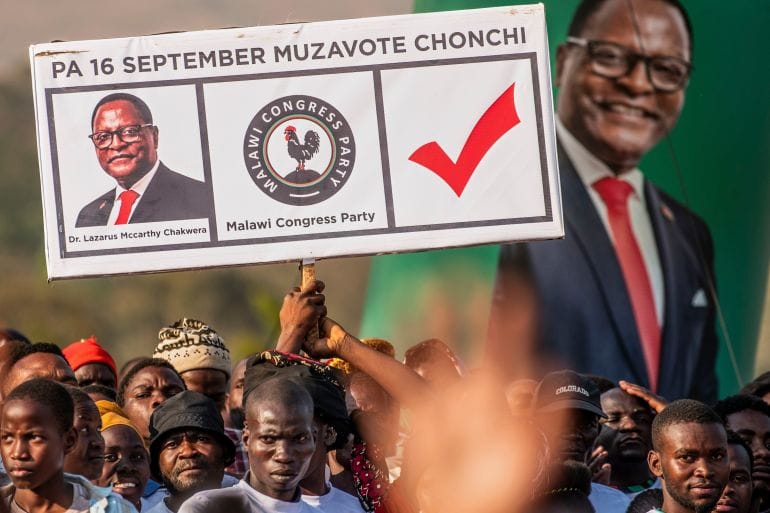Ballot counting has begun in Malawi following a high-stakes presidential election overshadowed by the country’s deepest economic crisis in decades. Seventeen candidates contested, but the vote is widely seen as a showdown between incumbent President Lazarus Chakwera, 70, and his predecessor Peter Mutharika, 85.
The two men have a long electoral rivalry: Mutharika won in 2014, while Chakwera defeated him in a court-ordered rerun in 2020 with 59 percent of the vote. Tuesday’s polls saw long lines in the morning, though turnout dropped later in the day, with the electoral commission reporting just over 51 percent – significantly lower than the 64 percent in 2020.
Both frontrunners face criticism for corruption and cronyism, yet no other challenger, including former President Joyce Banda, has broken their dominance.
Economy Shapes the Vote
The election comes as Malawians grapple with inflation above 27 percent, chronic fuel shortages, and severe food insecurity. The country of 21.6 million remains heavily dependent on agriculture, particularly tobacco, but repeated climate shocks have deepened hardship.
Cyclone Freddy in 2023 killed more than 1,200 people and destroyed farmland, while recurring droughts have left millions vulnerable. According to the World Bank, about 70 percent of Malawians live on less than $2.15 per day.
Chakwera has campaigned on promises to stabilize the economy and restore public trust, while Mutharika points to infrastructure investments during his time in power, despite corruption scandals that marred his administration.
Next Steps
In addition to choosing a president, Malawians also voted for parliamentary and local council representatives across 35 districts. If no candidate secures more than 50 percent of the vote, a run-off election will be held within 60 days. Provisional results are expected by Thursday.



